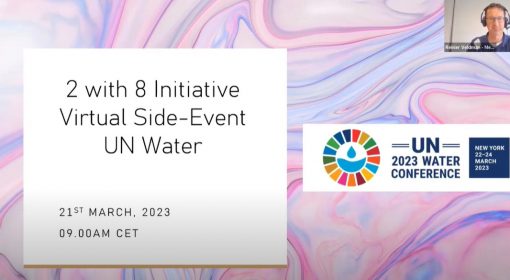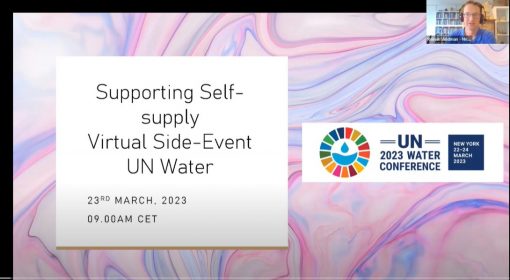Recording: Part 1
Recording: Part 2
| Date: | July 17, 2014 |
| Speaker: | Dr. Mohammad Shamsudduha (“Shams”) |
| Click here to download the presentation | |
| Description: | Stretched over vast areas in West Bengal, India and Bangladesh, the highly dynamic Bengal Basin is the home to over 230 million people. For centuries, its opulent surface and ground water storages have sustained agricultural livelihoods for bulk of its population. Its water resources are however vulnerable to ever-increasing human and environmental demand for freshwater and climate change, experiencing widespread flooding during the monsoon season and declining water supplies during the dry months. Ever increasing population and variable climatic conditions will add more stress on its water supplies. In this webinar, a University College London based hydrogeologist Mohammad Shmasudduha (Shams) will discuss how various climatic, hydrological, and agricultural factors have affected groundwater storage in the Bengal Basin… right from the global up to the basin level. Shams will also briefly discuss the potential adaptation strategies including sustained induced recharge, managed aquifer recharge to vulnerable aquifers and strategic development of ‘deep’ groundwater to minimize negative impacts of both climate and anthropogenic stresses |
| About the speaker: | Dr. Mohammad Shamsudduha (“Shams”) is currently working as a Research Fellow at the Institute for Risk and Disaster Reduction at University College London. Shams has 12 years of experience on academic research assessing groundwater arsenic contamination in Bangladesh, evaluation of groundwater storage and recharge dynamics in alluvial aquifers of the Bengal Basin, development of national-scale groundwater-level database for Bangladesh, mapping security of deep groundwater in Bangladesh using numerical modelling approach and assessment of basin-scale changes in terrestrial water mass using both ground-based borehole observations, satellite data and land-surface models. Shams is currently involved in a number of research projects including impacts of groundwater arsenic contamination on women’s pregnancy outcomes (UCL Grand Challenges Award), resilience of groundwater in the Bengal Basin in the face of climate change and increased human abstraction (DFID-funded research). Shams’ research has been conducted in collaboration with universities, research institutes, government departments, and non-governmental organisations in Bangladesh and the UK. Besides, Shams has established active collaborations with academics, scientists and practitioners in Australia, Europe, France, India, Vietnam and the USA. He can be reached by email on m.shamsudduha@ucl.ac.uk |
| Related resources: | Website: geodesh.weebly.com, “…an effort to report and highlight the current and possible future issues around water supply, climate change and environments in the Ganges-Brahmaputra-Meghna (GBM) Delta in Bangladesh and other Asian Mega Deltas.” |
| Supported by: | |
| UCL Institute for Risk and Disaster Reduction www.ucl.ac.uk/rdr |
{jcomments on}


